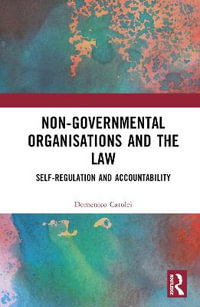
FIFA (F©d©ration Internationale de Football Association)
The Men, the Myths and the Money
By: Alan Tomlinson
Hardcover | 3 April 2014 | Edition Number 1
At a Glance
Hardcover
RRP $284.00
$200.95
29%OFF
Aims to ship in 7 to 10 business days
ISBN: 9780415498302
ISBN-10: 0415498309
Series: Global Institutions
Published: 3rd April 2014
Format: Hardcover
Language: English
Number of Pages: 208
Audience: College, Tertiary and University
Publisher: Taylor & Francis Ltd
Country of Publication: GB
Edition Number: 1
Dimensions (cm): 21.59 x 13.97 x 1.27
Weight (kg): 0.39
Shipping
| Standard Shipping | Express Shipping | |
|---|---|---|
| Metro postcodes: | $9.99 | $14.95 |
| Regional postcodes: | $9.99 | $14.95 |
| Rural postcodes: | $9.99 | $14.95 |
How to return your order
At Booktopia, we offer hassle-free returns in accordance with our returns policy. If you wish to return an item, please get in touch with Booktopia Customer Care.
Additional postage charges may be applicable.
Defective items
If there is a problem with any of the items received for your order then the Booktopia Customer Care team is ready to assist you.
For more info please visit our Help Centre.
You Can Find This Book In
This product is categorised by
- Non-FictionSports & RecreationBall GamesAmerican Football
- Non-FictionPolitics & GovernmentInternational Relations
- Non-FictionSports & RecreationBall GamesFootball or Soccer
- Non-FictionSports & RecreationSporting Events & ManagementSports Governing Bodies
- Non-FictionPolitics & GovernmentPolitical ActivismNon-Governmental Organisation NGOs























